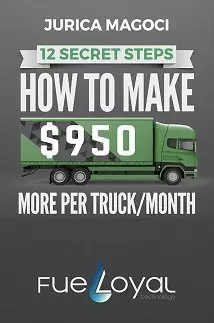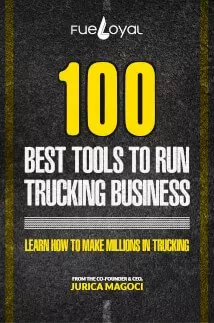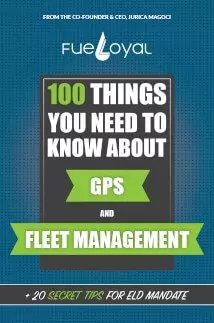The purpose is to save money with the auxiliary fuel tank and not to cause additional expenses without any reason.
Pros and Cons of Auxiliary Fuel Tank
Buying an auxiliary fuel tank or not is an individual matter and it depends of your driving habits or the routes that you are driving through. Anyway I like to list the general pros and cons of having auxiliary fuel tanks
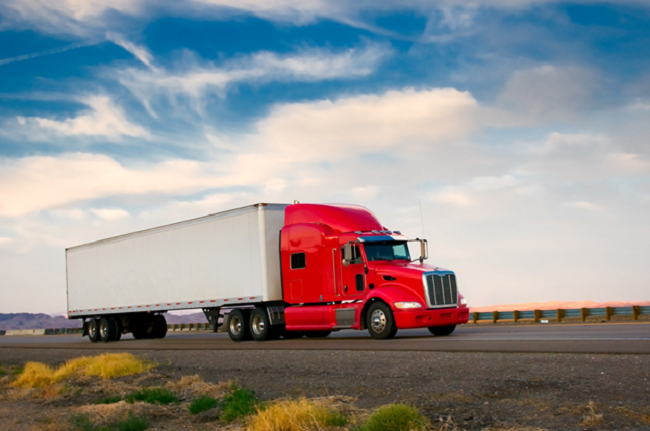
Pros:
- You can buy Fuel on your schedule – Buying a fuel when you want and not when you are forced is a big advantage when you are on the open road. The choice is yours when you have an auxiliary fuel tank and you can make your own schedule without obeying the highway prices and rules.
- You can save money – The auxiliary fuel tanks can save you money if you are passing through the route where the prices are high. So driving trough this area without this fuel tank you will be forced to purchase fuel on those gas stations no matter of the fuel price. But if you have the additional fuel in the auxiliary fuel tank you can pass through the route without stopping at a gas station.
- The Auxiliary Fuel Tank will extend your mileage range – You can drive more miles between fill-ups. So you can drive a lot more miles without stopping at a gas station. With extending the mileage range you will save time.
Cons:
- The highest ranked in this list are the federal regulations that need to be obeyed if you have an auxiliary fuel tank. If you decide to install auxiliary fuel tank then you need to ensure that is leak and drop tested. These FMCSA regulations are there to ensure that the fuel will not leave the tank in case some catastrophe occurs.
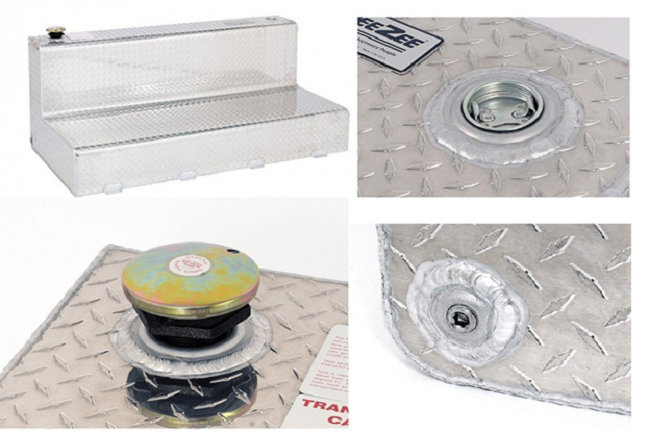
Also, it needs to be certified and properly marked with:
- The month and the year of manufacture
- To have the Manufacturer’s name
- To have a possibility to identify the location of manufacture
- The maximum fuel tank size is 119 gallons – if it is above will be classified in transported goods and it will be under hazardous materials regulations
- Also, the regulations about the fuel lines need to be covered
100 THINGS TO KNOW ABOUT GPS AND FLEET MANAGEMENT
Hey! I'm George J. Magoci and I will send you a FREE eBook where you can learn 100 Things To Know About GPS and Fleet Management.
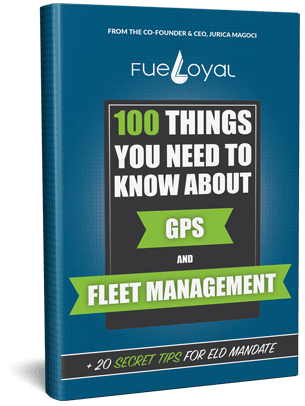
- Additional weight on the Truck – the additional weight of the fuel can entail higher fuel consumption so at the end you can have zero savings even if you invest in an auxiliary fuel tank
- Additional cost for proper installation – It is not just to buy an auxiliary fuel tank you need to take your truck to the professional servicer to perform the installation by the Federal Motor Carrier Safety Administration (FMCSA) or Department of Transportation (DOT) Rules and Regulations. If the auxiliary fuel tank is not installed by these rules the chances that you will get a penalty from the road inspection are high.
- Additional Maintenance – Auxiliary fuel tanks need to be maintained in the same way as you maintain the manufacture fuel tank. You have to be very careful when it comes to maintaining because the not maintained auxiliary fuel tank is only a bad news which can affect on your pocket.
- Additional Cost – The cost of the auxiliary fuel tank can vary from:
- Brand to brand
- Specifications
- Material
- Capacity
Basically, the price of the auxiliary fuel tanks varies from $400 to more than $1,500. Also, if you need customized auxiliary fuel tanks with additional specifications or additional equipment, then the prices can go very high.
